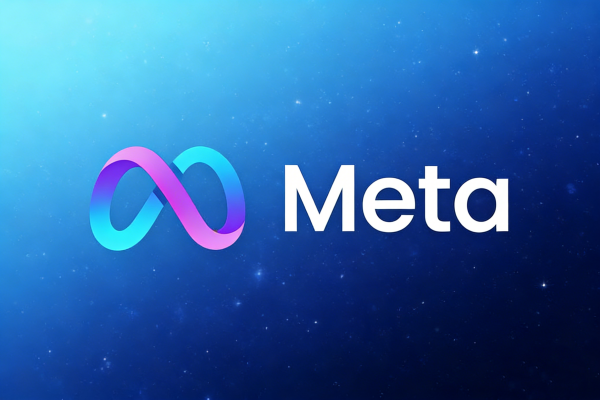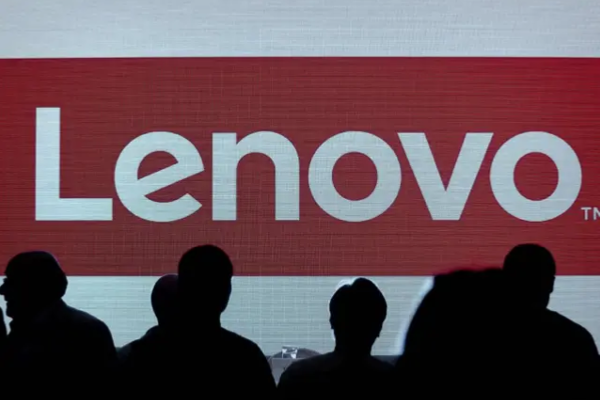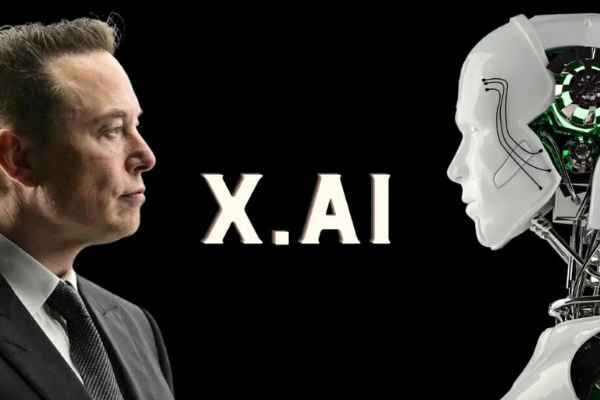Advantages of blockchain technology
If applied correctly, blockchain technology can revolutionize the way industries around the world operate.
For example, one of the main advantages of using a public distributed blockchain over a private bank ledger is that all nodes keep their own copy of financial records. This eliminates any single point of failure, and even if 99% of the nodes in the network fail, the entire ledger can be recovered from a single node.
In addition, blockchain is tamper-proof by design. To change a single pending transaction, you need to control at least 51% of the nodes in that particular network. This is almost impossible given the global nature of the nodes and the resource cost required to attack a mature blockchain network.
Once a transaction is confirmed by the network, it becomes a permanent record that can never be changed. This promotes data integrity and is one of the reasons why blockchain is extremely secure.
Below we will detail the main advantages of blockchain technology and how it has become a cornerstone of modern digital infrastructure.
Enhanced security and transparency: Transactions on the blockchain are immutable, meaning they cannot be modified or deleted, ensuring the integrity of the data. Its decentralized and encrypted design makes it highly resistant to fraud and hacking. Additionally, an open ledger system allows all participants to see and verify transactions, which promotes trust and makes auditing and verification simple and reliable.
Improved efficiency and cost-effectiveness: Blockchain allows direct peer-to-peer interaction, which reduces costs and speeds up transactions. Smart contracts - self-executing agreements programmed into the system - automate tasks and help reduce errors. This eliminates the need for centralized data storage and traditional financial intermediaries, reducing costs and making business processes more efficient.
Innovation potential: Blockchain is not just a static technology, but also an innovation platform. Smart contracts can automatically reach agreements without middlemen, giving rise to decentralized applications (dApps). It also allows the creation of digital tokens that can represent real-world assets, opening up new business models and financial products.
Global accessibility and scalability: Blockchain's global reach and growing scalability are key to its growing influence. Anyone with internet access can join a blockchain network, enabling fast, low-cost international transactions. Advances in technologies such as second-layer blockchains and lightning networks have increased the ability of certain blockchains to handle more transactions, while improved connectivity between blockchains has enabled smoother cross-chain transactions and data sharing.













